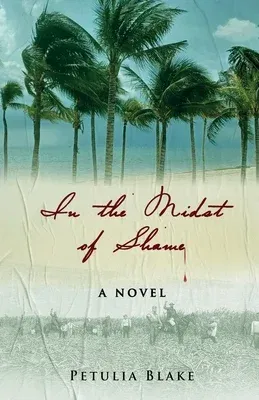Society is seen through the lenses of Hope Livingston, a woman whose
birth is shrouded in secrecy. While in exile, she talks about her life
as a white Creole woman born on the island of St. James in the West
Indies. Against the wishes of Angela, her personal slave, Hope fantasies
about becoming a sugar cane plantation owner. The indignity of slavery
is placed in the background as she aspires to find a prominent place in
society at all costs. In an industry dominated by men like Master
Livingston, who scorns the idea of women governing in the lucrative
sugar industry, Hope joins forces with Gloria Hanover, the most
influential plantation owner on the island. Hope becomes immersed in a
lifestyle where sexual deviance, desire for status and cruelty, are
guided by her idol.
The unleashing of fear upon black people manifested with beatings as a
powerful means to dominate. Little did they know that the subservience
was a facade. Amid the frequent Maroon rebellions and resistance to
slavery, social uncertainty begins to seep into the lives of the
privileged and prideful class. When the reliance on free labor begins to
collapse, secrets find their way out of the closets. And Hope's life
begins to turn upside down when dry bones refuse to remain hidden behind
great house walls.

